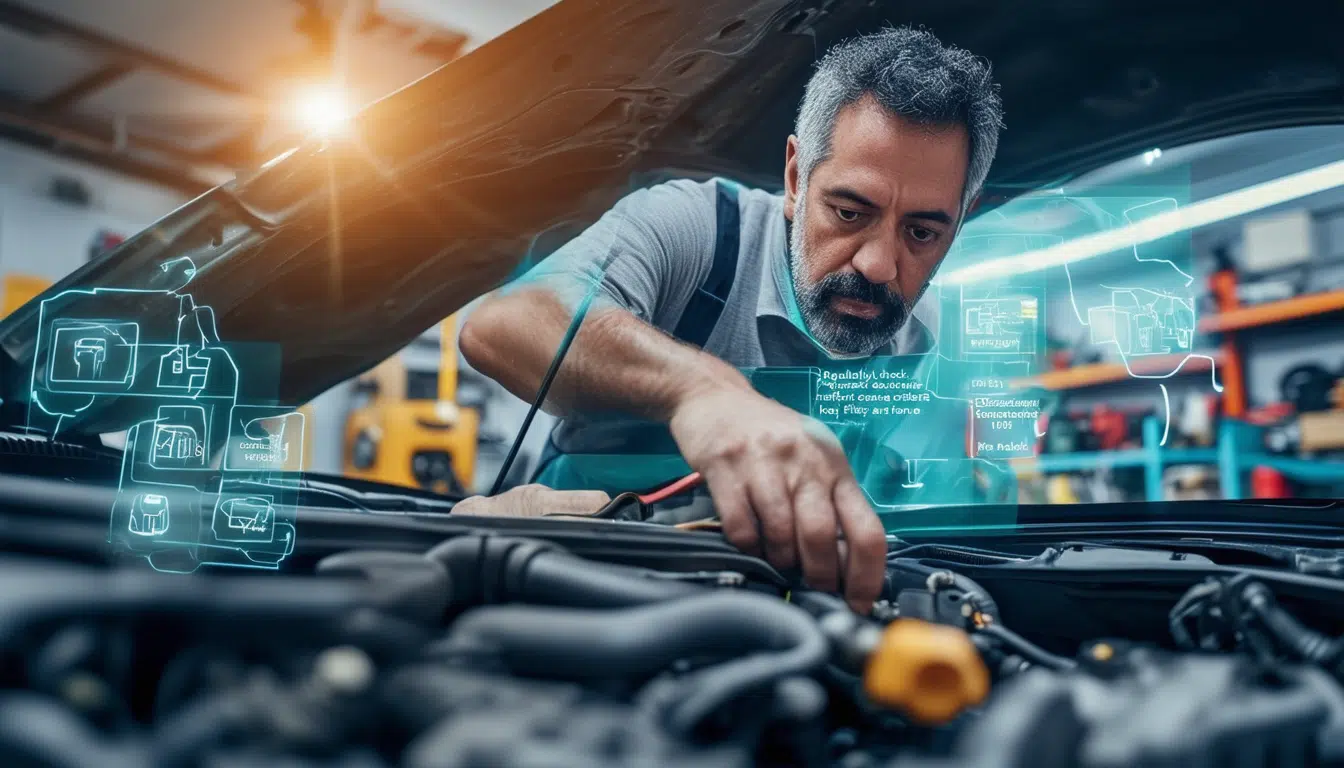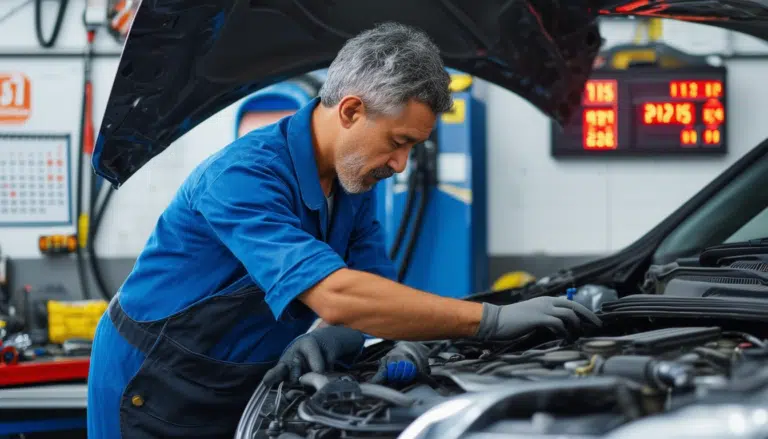Consejos para tuning your vehicle and reduce fuel consumption

Optimizing the performance of a vehicle and reducing fuel consumption are goals that all drivers wish to achieve. There are various tips and tricks that can help improve the efficiency in the consumption of gasoline and, at the same time, prolong the life of the engine. From the correct tire pressure to more conscious driving, every action counts. Implementing these strategies not only helps save money but also contributes to caring for the environment.
Improving your vehicle’s efficiency and reducing fuel consumption are goals that all drivers should consider. There are various strategies that can fine-tune your car’s performance, optimizing its operation and saving money. Below, practical and simple tips are presented to achieve this.
Trip Planning
One of the most effective ways to avoid excessive fuel consumption is to plan your trip well. By choosing the shortest route and avoiding traffic, you can minimize driving time and, consequently, gasoline expenses. Use navigation apps to find the best routes and avoid congestion.
Tire Pressure
Maintaining the proper tire pressure is crucial for vehicle performance. Under-inflated tires increase rolling resistance, which leads to higher fuel consumption. Check the pressure at least once a month and ensure they are inflated according to the manufacturer’s specifications.
Efficient Driving
The way you drive has a significant impact on fuel consumption. It is advisable to maintain a moderate and constant speed whenever possible. Sudden accelerations and abrupt braking can considerably increase gasoline expenses. Use the engine brake by lifting your foot off the accelerator before braking to reduce consumption.
Engine Maintenance
Performing regular maintenance is essential for the engine to run optimally. Changing air and oil filters and checking the condition of the spark plugs can improve vehicle performance. A well-tuned engine not only consumes less fuel but also has greater durability.
Reducing Load
Avoiding carrying unnecessary loads inside the vehicle is fundamental. Each additional kilogram increases the effort the engine has to make, which in turn increases fuel consumption. Check the trunk and remove any items that are not essential for your trip.
Use of Air Conditioning
The use of air conditioning can significantly affect fuel consumption. Use the air conditioning only when necessary and consider opening the windows instead of turning on the climate control, especially at low speeds. In high-temperature conditions, try to use the air conditioning sparingly.
Knowing Your Vehicle’s Engine
Knowing the specifications and characteristics of your car allows for more efficient handling. Understanding when and how to optimize gear shifting can result in significant savings. Short gears tend to consume more fuel, so it’s better to choose a higher gear whenever the situation allows.
Use of Technology
There are devices and apps that can help measure and optimize fuel consumption. Using technology to analyze driving patterns could provide valuable information to improve efficiency. By taking advantage of these tools, opportunities to consume less can be found.
Educating Drivers
Finally, educating others about the best practices for efficient driving is an excellent way to contribute to overall fuel savings. Sharing these tips with friends and family can help raise awareness about the importance of caring for the environment and saving money at the same time.
To achieve more efficient driving and reduce fuel consumption, it is essential to implement a series of practical tips that will benefit both household economics and the environment. One of the most important aspects is trip planning. Choosing the shortest route and avoiding traffic can make a significant difference in consumption. Additionally, it is advisable to check the tire pressure, as properly inflated tires not only improve safety but also optimize fuel performance.
The way of driving plays a crucial role in consumption. Adopting habits such as accelerating smoothly, adjusting speed, and using the engine brake can noticeably reduce the amount of gasoline used. Maintaining a constant speed is also essential for minimizing fuel use. Avoiding sudden accelerations and unnecessary braking will help maintain performance. On the other hand, it is advisable to avoid overloading the vehicle, as more weight means more strain on the engine.
Maintaining a regular maintenance schedule for the vehicle is also key. Regular oil changes and replacing air and fuel filters ensures that the engine operates optimally and efficiently. This not only reduces fuel consumption but also extends the life of the car. Finally, consider disconnecting unnecessary electrical devices and turning off the air conditioning on short trips to decrease energy consumption and improve fuel efficiency.




